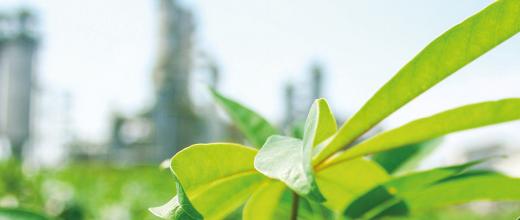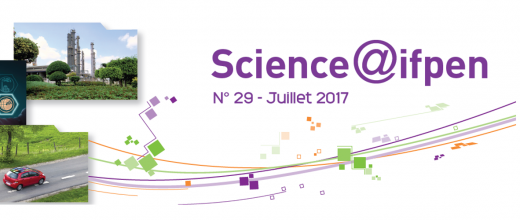The average global temperature has already risen by more than 1°C. What is to blame? The increase in the concentration of greenhouse gases, including CO2, in the atmosphere caused by human activities. To limit future increases, technologies known as CCUNET, which combine CO2 utilization and negative emissions, show great promise: capturing, converting, and then storing CO2 from the atmosphere would not only reduce atmospheric CO2 concentrations, but also reduce the extraction of fossil fuels.









